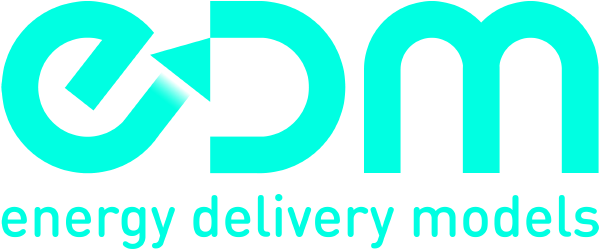Scaling access to energy as part of a global clean energy transition can deliver a “win-win” of poverty reduction and climate action. It can support green jobs, enhance livelihoods, build community resilience, promote equality and social inclusion, and protect ecosystems.
More innovative thinking is needed in planning and implementing services to accelerate a just energy transition. There is a knowledge gap on how to combine energy services with other types of support to develop holistic development solutions that enhance climate resilience.
The Energy Delivery Models (EDM) approach is a systematic, problem-solving process that aims to design financially, socially, and environmentally sustainable solutions to meet local development needs and respond to local contexts. It has been used by governments, development NGOs, social enterprises, and humanitarian agencies.
